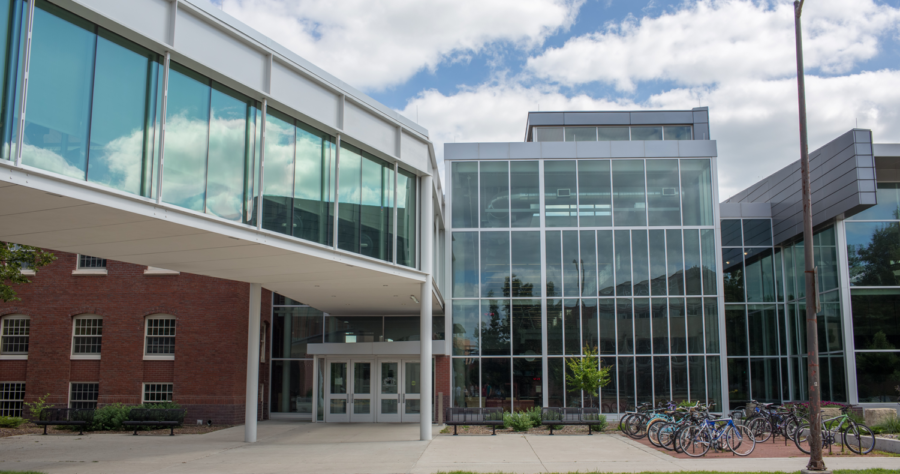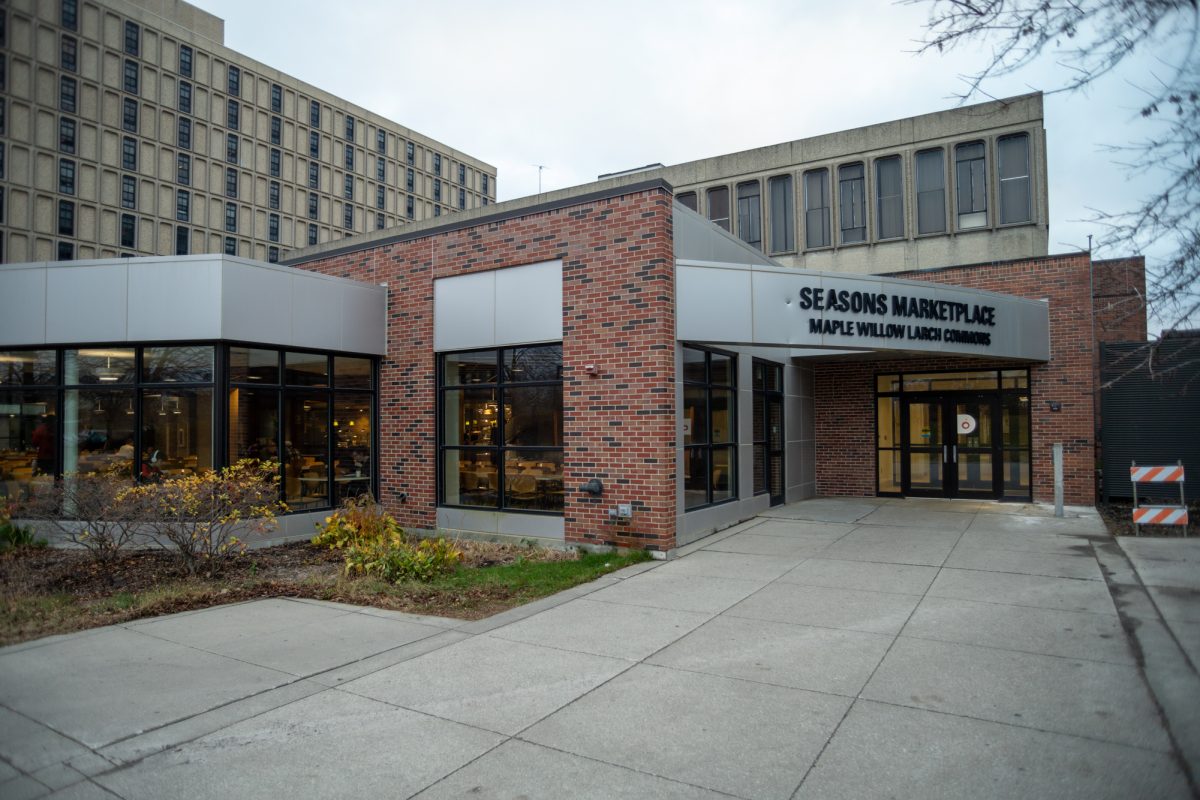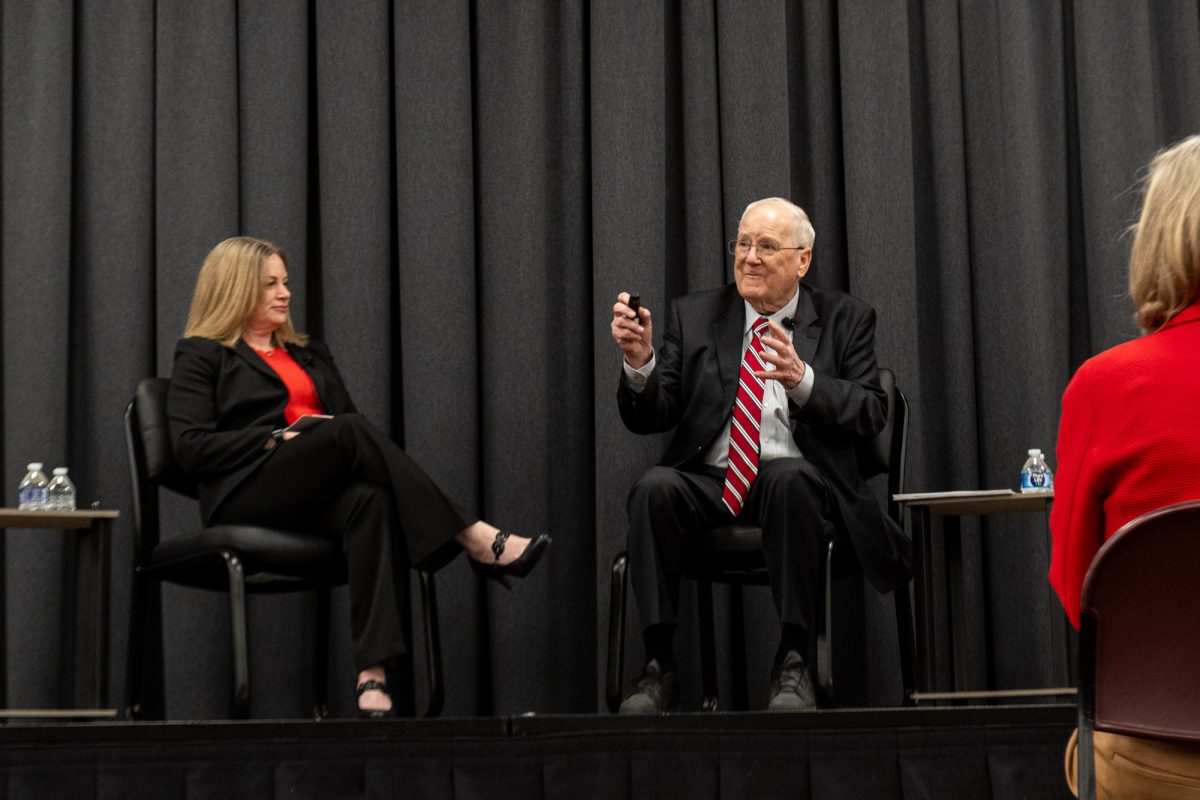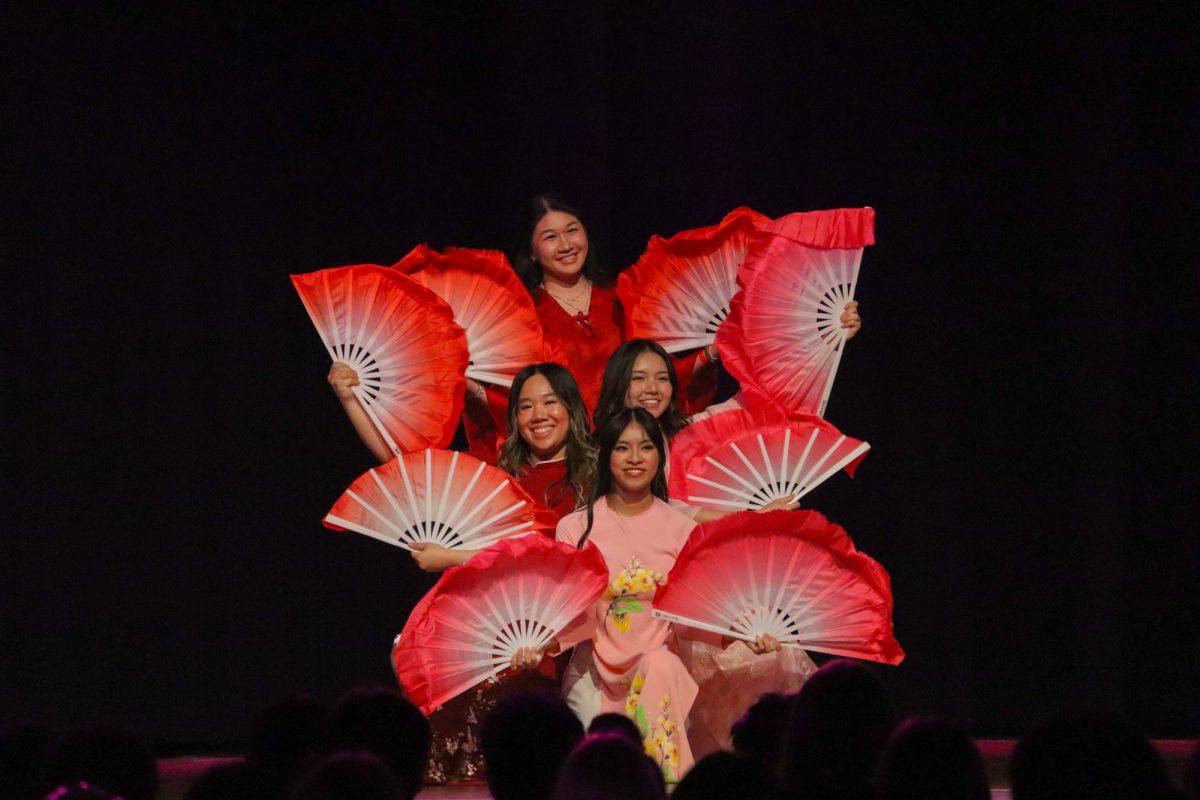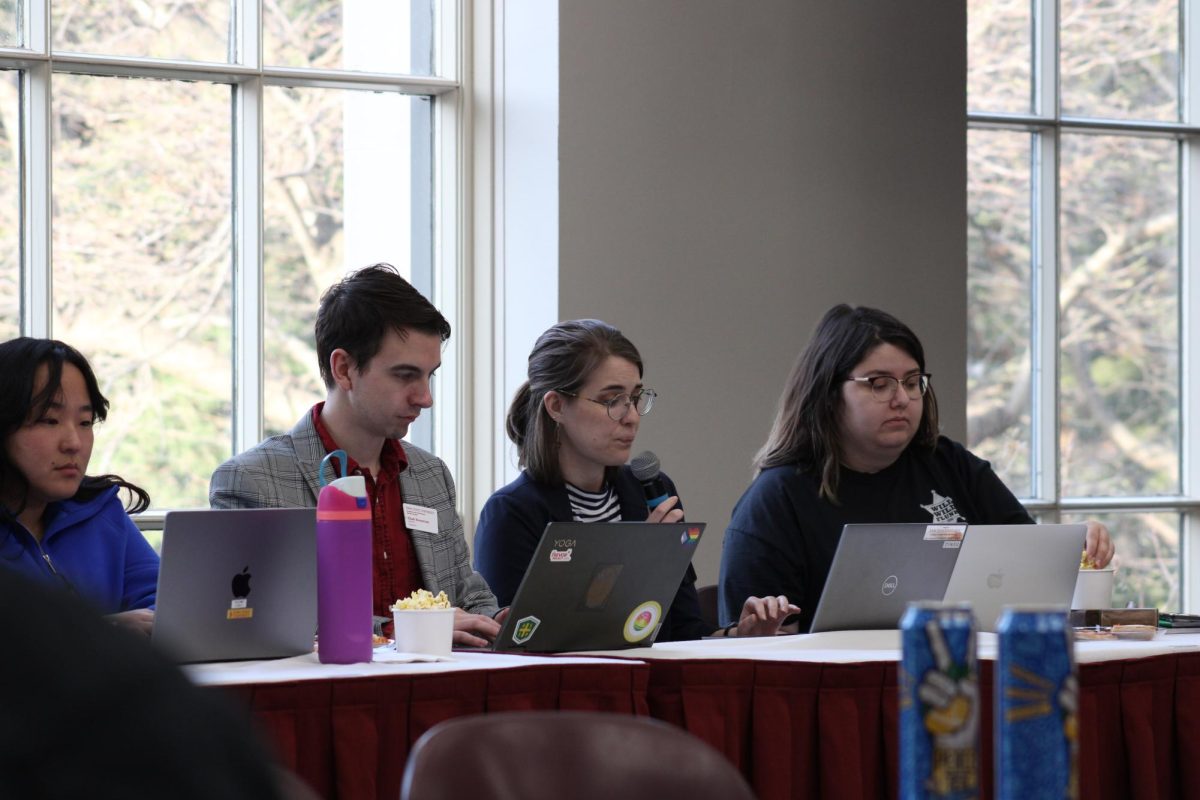Project Nurture aims to heighten awareness of student wellness, body positivity
Emma Blickensderfer/Iowa State Daily
Winner of Best Fitness Facility.
October 14, 2018
It’s no secret that college students struggle with health and body image. With the explosion of social media, bombarding messages of the “ideal” body can be found across all platforms, potentially leading to unhealthy habits.
One example lies within the Greek community. Peer wellness educators were contacted because of an alleged weight loss competition at a sorority. Whoever lost the most amount of weight by spring break would be the winner, said Kenneth Echevarria, a peer wellness educator and junior in pre-diet and exercise.
Following the student wellness mission statement, Project Nurture hopes to combat these unhealthy habits by providing a holistic approach to student well-being.
Project Nurture is a two-day workshop that teaches health at every size and intuitive eating philosophies.
Originally developed by two peer-wellness educators, the idea began as a body-love workshop. The workshop was changed to Project Nurture, incorporating more hands-on experience, said Lisa Nolting, student wellness dietician at Iowa State.
Health at every size challenges the belief that weight is a determinant of health. Intuitive eating takes the power away from food and gives it back to the individual and their appetite. This doesn’t mean labelling food as “good” or “bad,” Nolting said.
“There are no good and bad foods, there is no moral value with food, it’s just food,” Nolting said.
Focusing on body positivity, Project Nurture aims to start a discussion within college students about wellness. With body positivity on the forefront, Project Nurture leaves students with resources to feel comfortable in front of a mirror.
Project Nurture is led by two students in the peer wellness program, Echevarria and Loo-Yee Wong, a senior in dietetics. Both students hope the message of body positivity will spread through the presentation.
“Society created an expectation for people to have a certain body size,” Wong said. “We are not promoting that, no matter what size you are you can still be healthy.”
“We’re keeping in mind the culture of college. We’re always on the go,” Echevarria said. “This age group pays more attention to society and the trends that go on.”
Students can expect to have discussions about health at every size, relating it back to their lives. Part of the workshop is turning around negative body image issues by using more loving language.
“Body image is a shadowed problem, not a lot of people talk about it or notice it,” Echevarria said.
Another aspect of Project Nurture is movement and finding an enjoyable physical activity. In the last workshop, students got to enjoy a session of yoga, proving that exercise does not have to mean spending hours at the gym and feeling burned out. Exercise can be simple like walking, playing a sport or even gardening.
“Models and bodybuilders always post pictures of themselves and everyone wants to be them, no one wants to be themselves and improve themselves.” Echevarria said.
With body positivity on the rise, Project Nurture is starting a movement and shifting the focus away from toxic ideas of diet and exercise. At the end, students are left with notepads and a 25-day journal challenge with writing prompts like “what do I feel about my body?” and “I’m grateful that my body…”
Students interested can expect another two-day workshop on Nov.13 and 15 from 6 to 8 p.m.


